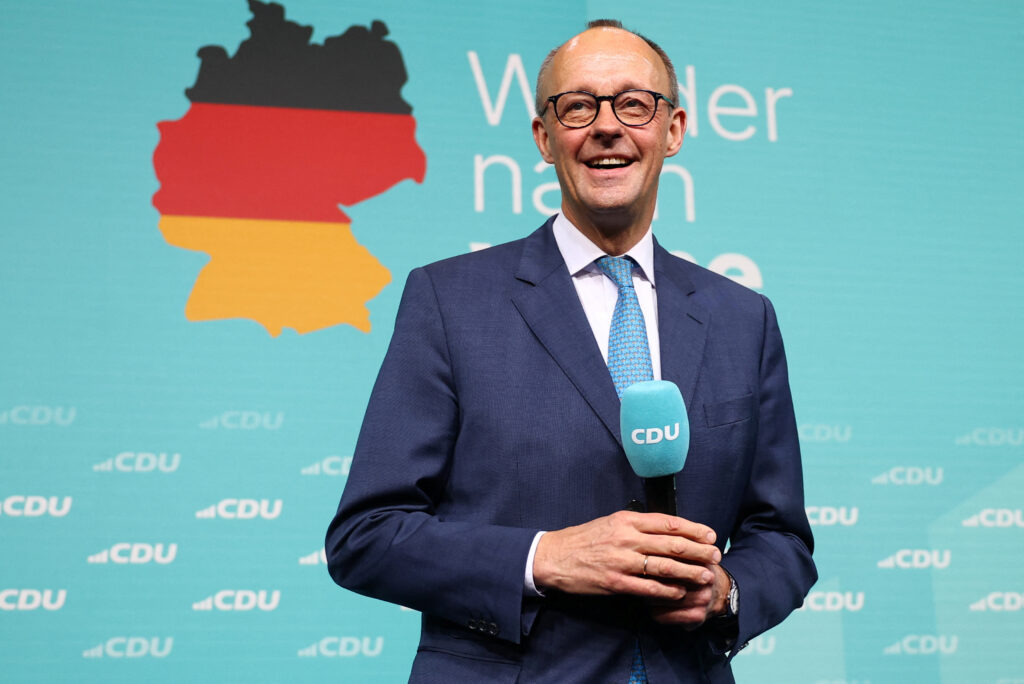Friedrich Merz has officially been elected as Germany’s new Chancellor, securing the role after a tense and unprecedented parliamentary process that revealed deep rifts within his ruling coalition.
Following a failed first vote earlier in the day, Merz was elected during a hastily reconvened Bundestag session on Tuesday afternoon, where he secured 325 votes — narrowly surpassing the 316 required. His appointment was swiftly confirmed by the German President, clearing the way for his swearing-in ceremony.
The Christian Democratic Union (CDU) leader had won Germany’s national election in February but fell short of an outright majority. In response, he brokered an unexpected coalition with the center-left Social Democratic Party (SPD) last month — a rare alignment of Germany’s two major establishment parties, formed largely to prevent the far-right Alternative for Germany (AfD) from gaining power.
The coalition controls 328 seats, but Tuesday’s earlier failed vote — a historic first in modern Germany — exposed internal dissent. The secret ballot nature of the vote has left uncertainty over which coalition members defected.
Merz’s rocky ascent comes at a pivotal time for Germany and Europe. The new Chancellor is expected to push an ambitious reform agenda, starting with a planned overhaul of Germany’s constitutional debt brake, enabling increased government spending. He also plans to accelerate Germany’s defense modernization under the “Zeitenwende” (Turning Point) security doctrine launched by outgoing Chancellor Olaf Scholz in 2022.
Tensions have risen further with recent signals from former U.S. President Donald Trump’s administration, threatening to scale back American support for Ukraine and NATO, prompting increased European defense self-reliance. Ukrainian President Volodymyr Zelensky congratulated Merz and emphasized the need for stronger German leadership in European and transatlantic affairs.
“We sincerely hope that Germany will grow even stronger and that we’ll see more German leadership in European and transatlantic affairs,” Zelensky wrote on X.
Yet, Merz must now navigate a volatile political climate. The AfD, which came second in the February polls and now leads in some opinion surveys, seized on the coalition’s early instability. Party leader Alice Weidel called for new elections and demanded Merz’s resignation.
Born in 1955 into a conservative Catholic family in central Germany, Merz joined the CDU’s youth wing in school and entered full-time politics in 1989 as a Member of the European Parliament. He rose to prominence in German fiscal policy and famously called for tax laws simple enough to be written “on the back of a beer coaster.”
A long-standing rivalry with former Chancellor Angela Merkel led Merz to leave politics for a time before returning in 2022 to lead the CDU. Now Chancellor, Merz faces the monumental task of maintaining coalition unity, countering far-right influence, and leading Germany through a new era of economic and geopolitical challenges.

